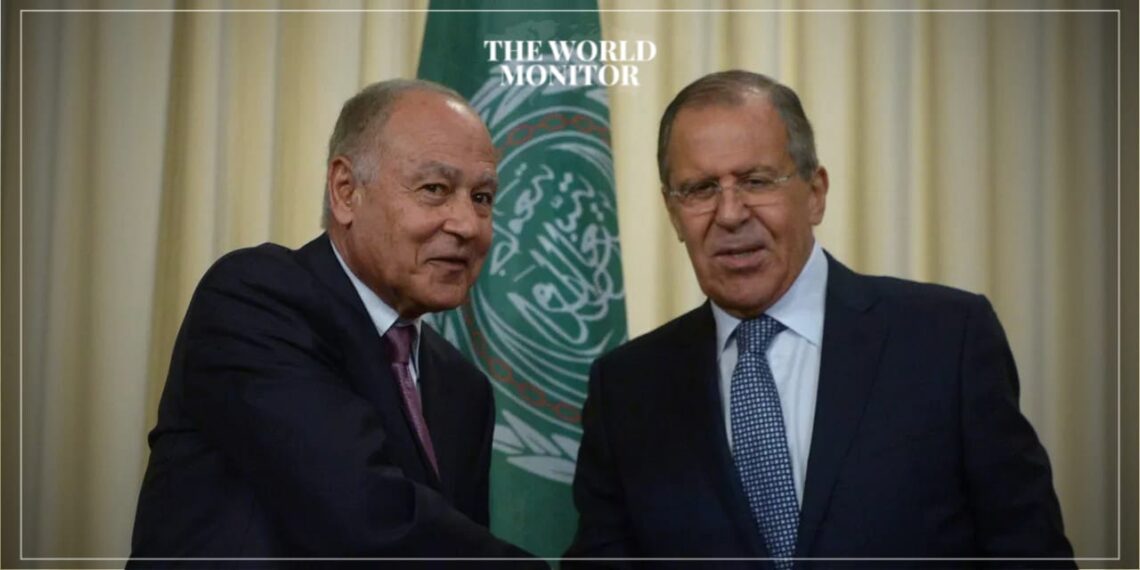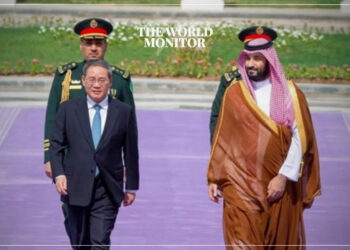In a pertinent development amid the Israeli-Palestinian conflict, Russian Foreign Minister Sergei Lavrov signaled on Monday a cooperative intention between Russia and the Arab League to facilitate a resolution between Israelis and Palestinians.
Lavrov asserted, during discussions with Arab League Secretary-General Ahmed Aboul Gheit in Moscow, that it is imperative for Russia and all Arab League member countries to contribute to halting bloodshed and alleviate the suffering of civilians in both Israel and Palestine. He emphasized the feasible achievement of this objective with collaborative efforts from all concerned nations interested in spreading sustainable peace in the Middle East, and safeguarding the security of all regional countries without exception, including the State of Palestine. Such an initiative would necessitate a resolution by the UN Security Council.
He further elaborated that Moscow anticipates that the West will urge a cessation of hostilities in the Israeli-Palestinian conflict. Lavrov indicated that the current stance of the West invokes serious questions, pointing out that they condemn the attack on Israel but do not explicitly call for an immediate cease-fire. He stated post discussions in Moscow with Aboul Gheit, “We have listened to our Western colleagues’ statements on this matter, which only condemn the attack on Israel. We hope that [the West] will also call for an end to combat actions. Their position raises serious questions, as they simply say ‘stop immediately, Israel must prevail and defeat the terrorists’.”
Moreover, to resolve the situation in the Middle East, Lavrov underscored the necessity of “settling the Palestinian issue based on a two-state solution in accordance with United Nations Security Council resolutions”. He observed that Western countries have not made any efforts in this direction.
Aboul Gheit expressed that the Arab League values the Russian position, concurring that the issue “did not start yesterday, and the current situation cannot be severed from its temporal context, which is the continuation of the occupation, and preventing the Palestinian people from establishing their independent state within the June 4, 1967, borders.”
This progressive stance by Russia, involving a proactive role in attempting to resolve the longstanding and highly sensitive Israeli-Palestinian conflict, poses as a critical point of reflection on the role of international players in Middle Eastern geopolitics.






